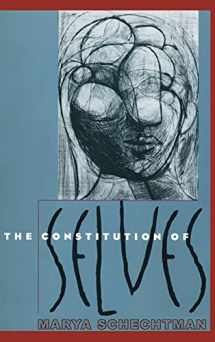
The Constitution of Selves
Book details
Summary
Description
An amnesia victim asking "Who am I?" means something different from a confused adolescent asking the same question. Marya Schechtman takes issue with analytic philosophy's emphasis on the first sort of question to the exclusion of the second. The problem of personal identity, she suggests, is usually understood to be a question about historical life. What she calls the "reidentification question" is taken to be the real metaphysical question of personal identity, whereas questions about beliefs or values and the actions they prompt, the "characterization question," are often presented as merely metaphorical.
Failure to recognize the philosophical importance of both these questions, Schechtman argues, has undermined analytic philosophy's attempts at offering a satisfying account of personal identity. Considerations related to the characterization question creep unrecognized into discussions of reidentification, with the result that neither question is adequately addressed. Schechtman shows how separating the two questions allows for a more fruitful approach to the reidentification question, and she develops her own narrative account of characterization. She suggests that persons constitute their identities by developing autobiographical narratives that bear the right relation to facts about the environment, the general concept of a person, and other people's concepts of who they are.


We would LOVE it if you could help us and other readers by reviewing the book
Book review



